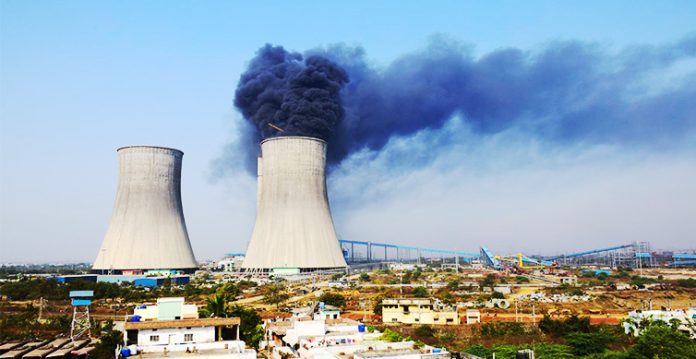With under five months to go for the Assembly surveys, individuals from Clean Air Punjab, a resident’s group, have kept in touch with Deputy Chief Minister O.P. Soni, who heads the Health Ministry, encouraging him to show others how its done by taking up the issue of air contamination unmistakably.
The interest made by residents principally reflected their entitlement to clean air and the option to inhale, underlining the truth that Punjab is home to a portion of India’s most contaminated towns, including Mandi Gobindgarh, Amritsar, Jalandhar, Ludhiana, Khanna, and Patiala.
To ensure individuals are cautioned about falling apart air quality, Clean Air Punjab on Tuesday additionally encouraged the Health Minister to coordinate all metropolitan nearby bodies (ULBs) to compulsorily give convenient wellbeing warnings openly, to alarm residents on ‘terrible air’ days, which will assist with saving weak gatherings from extreme wellbeing effects of air contamination.
Punjab has nine non-fulfillment or million or more urban areas under the National Clean Air Action Plan (NCAP). A non-achievement city is one that doesn’t meet the endorsed air quality principles set by the Union Environment Ministry.
ALSO READ: Air pollution to reduce 9 years of life expectancy of 40% Indians- US Study
Supreet Kaur, leader of EcoSikh, told IANS the issue of air contamination is simply not restricted to the Environment Ministry and it is the ideal opportunity for the Health Ministry to step in just as it’s undeniably true that air contamination presents serious dangers to the wellbeing.
As of late a first dish India study directed by researchers in the nation found that regions with helpless air quality and higher emanations of particulate matter (PM) 2.5 are bound to have Covid-19 contaminations and related passings.
“The hazard of air contamination must be handled by composed endeavors, everything being equal. The public authority being the peak body to outline strategy rules and guaranteeing its effective execution should focus on the issue of air contamination,” she added.
Ranjit Powar, an individual from Clean Air Punjab and a noticeable author, said clean air is pivotal to wellbeing and execution.
“Every one of us has an option to clean air and furthermore a commitment to work for keeping the air clean. In particular, the public authority, as the policymaker and controlling expert for keeping the climate contamination free, should possess its obligation to outfit the wellsprings of air contamination.
“How will individuals manage higher livelihoods and material advancement that may get through the smoke-burping industry and units that diffuse toxic gasses for a significant distance around, stifling their lungs and harming their innards? Allow us to defend our air; let us shield life,” he said.
The new Air Quality Life Index (AQLI) delivered by the Energy Policy Institute at the University of Chicago (EPIC) for 2019 uncovered that air contamination was probably going to decrease the future of around 40% of residents by over nine years.
“With over 4.2 million passings each year, surrounding air contamination keeps on being the 10th driving reason for cardiopulmonary passings on the planet. In India, indoor air contamination additionally represents a danger representing more than 2,000,000 passings,” said Zafar Ahmad, senior advisor with Fortis Hospital in Mohali.
In any event, during the lockdown under the subsequent wave, when the majority of the ventures were closed and development ended, Ludhiana noticed a normal air quality record (AQI) of 135, though the great AQI is 0-50 and moderate is 51-100.
Indeed, even Fazilka and Ropar towns, which are viewed as a portion of the greener locales in the state, saw a normal AQI of 113 and 129, individually.
This disturbing information puts center around the quick requirement for an intercession and elevating activities to lessen the predominant extreme air contamination.


